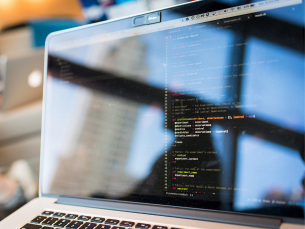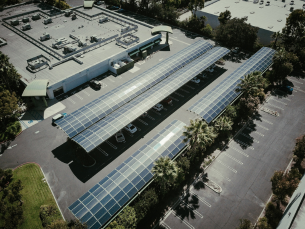The theme of this course is the future. A future that is now very near, almost a present. Those who succeed not only in not being subjected to the new technologies coming in the next few years, but in riding them, will be faced with opportunities for professional and economic growth. More specifically, in this module we will present the digital revolution, new technologies on mobility and distance learning. These are issues that have and will have an increasing impact on the way we do business, which will necessarily have to hold together environmental, social and economic aspects. In a word: sustainability.
The digital revolution has repercussions on the world of work, economics, communication, social networks, teaching, health, agriculture, art, etc. Do you want to stay out of it? Technologies and their potential are growing exponentially. Artificial intelligence optimizes predictive and cognitive algorithms. Harnessing this digital revolution and reaping the benefits by creating new market and job opportunities-that’s what you’ll find in this course. Forty hours to touch on the “new world” that affects us all.
The mobility of the future must be sustainable. Not only is it important, but it is necessary to reduce air pollution, noise pollution, road congestion, accidents, degradation of urban areas, land consumption, and travel costs (both for the community and the individual) generated by private vehicles. A green economy is needed in the mobility of people and goods: cars, vans, trucks, and buses produce more than 70 percent of transportation-related greenhouse gas emissions. Training of mobility professionals is needed to create the conditions for a turnaround.
The education of the future will be via the Internet, because it allows study without limits of space and time. Learn wherever you are. A device is the Internet and we are connected to the world. Distance learning allows everyone to strengthen their knowledge. Because of its flexibility, one can choose when, where and how to learn, selecting the time and place. Maybe even after work. With real and wider networking opportunities including digital nomadism.
This basic course will support entry into the first degree of university courses in digital information technology, economics, environmental engineering, mathematics, sustainability science, and political science. For the world of work, to the roles of manager of sustainable development projects and international cooperation, manager of urban sanitation companies, entrepreneurship.
The Foundation Diploma holders are granted direct automatic entry to the Bachelor Degree programmes awarded by CIRPS Member Universities.
Course Features
- Lectures 0
- Quizzes 0
- Duration 12 Months
- Skill level Beginner
- Language English
- Students 17
- Assessments Yes






